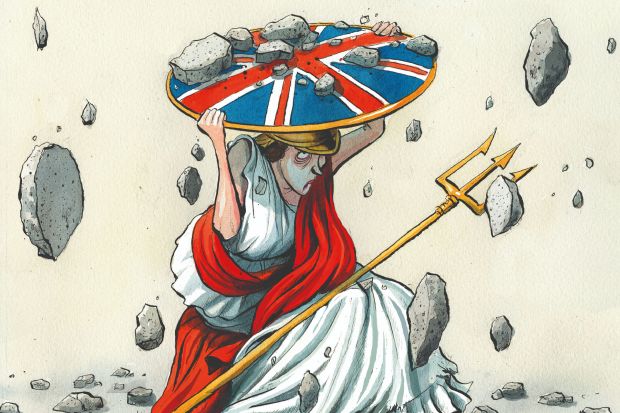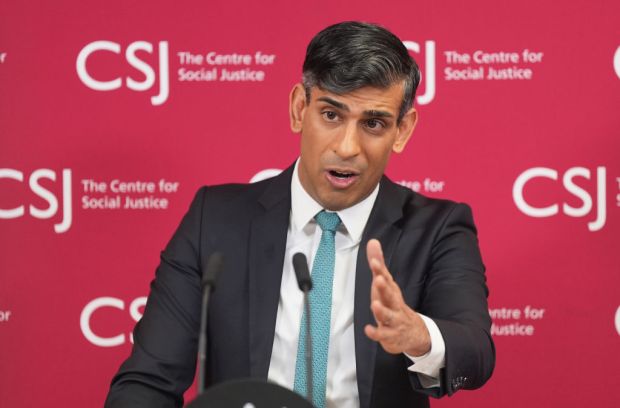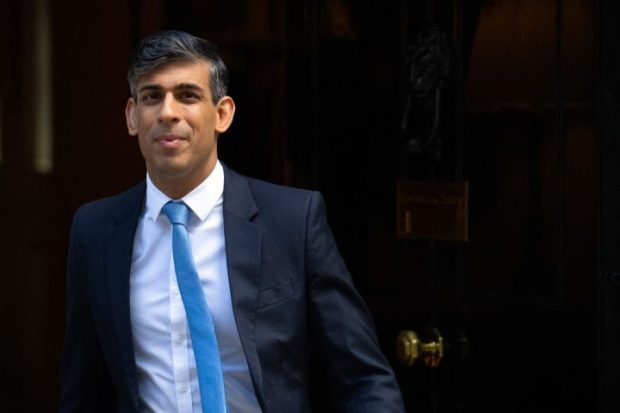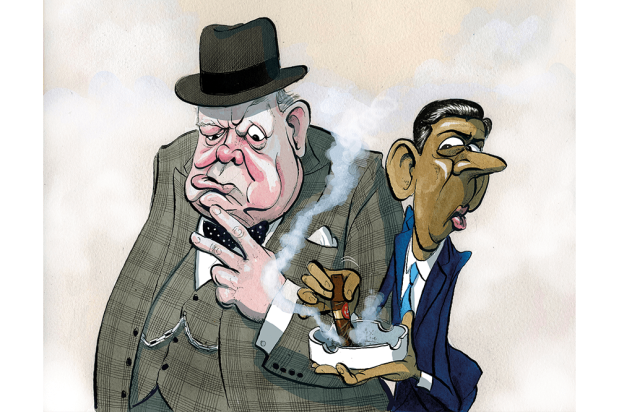Compared with July, August’s GDP boost looks much healthier — but that’s not saying much. Originally thought to have stagnated at 0.1 per cent, the economy in July actually shrank by 0.1 per cent, according to the latest update from the Office for National Statistics.
Still, August’s GDP increase of 0.4 per cent puts the economy back on the upwards trajectory, now estimated to sit 0.8 per cent below pre-pandemic levels. Despite so-called ‘freedom day’ arriving halfway through July, people continued to socially distance in order to avoid being mandated back into their homes. A strong reminder that it doesn’t take a full-blown lockdown, only specific restrictions, to impede economic recovery.
By mid-August, quarantine exemptions for double-vaccinated adults had kicked in and consumer-facing services increased by 1.2 per cent, according to the ONS (still 4.7 per cent below February 2020 levels) as accommodation and food services jumped 10.3 per cent. Services output overall grew by 0.3 per cent, while construction contracted by 0.2 per cent — thought in large part to be a result of labour and material shortages, which have led to higher prices and delays in access to resources like steel, glass and timber.
It’s these shortages that are causing increasing worry. How long they last — and the knock-on impact they have on recovery — may come to determine whether the UK remains on track for upside forecasts for recovery (before the end of the year), or if our recovery date gets pushed into 2022. Forecasts continue to back Britain for a speedy recovery (by comparison to other major economies) but there are some warning signs too: according to Capital Economics’s activity indicator, ‘GDP may not have increased at all in September’.
All this puts the Bank of England in an even trickier position. With inflation on the up — estimated by the Bank of England to hit 4 per cent by the end of the year, while markets think it could go notably higher — a rates rise is now expected. But as Bank governor Andrew Bailey noted in a recent speech to the Society of Professional Economists annual dinner, raising interest rates to curb inflation may deal a blow to the recovery, especially if growth is already more sluggish than hoped.
If inflationary pressures continue to surge (a glance at yesterday’s labour market update gives no reason to think they’ll let up soon), the Bank may have no choice but to act. But it’s yet another reminder that no action taken — at the height, or the recovery phase of this pandemic — is without consequence.<//>
Got something to add? Join the discussion and comment below.
Get 10 issues for just $10
Subscribe to The Spectator Australia today for the next 10 magazine issues, plus full online access, for just $10.




















Comments
Don't miss out
Join the conversation with other Spectator Australia readers. Subscribe to leave a comment.
SUBSCRIBEAlready a subscriber? Log in